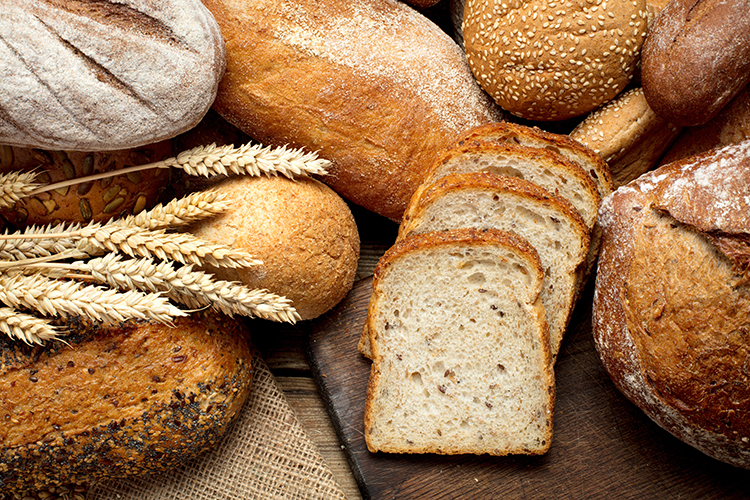When it comes to buzzwords in the food world, it’s hard to top “clean label,” “free-from,” “sustainable” and “all-natural.”
Few trends in recent years can compete with consumers’ interest in eating foods that are good for them and produced in a way consistent with their beliefs.
Unfortunately for the people who make those foods, it hasn’t always been easy to come up with clean versions of many of their go-to ingredients.
But that’s changing, said Ashley Robertson, market manager, bakery, for Lenexa, Kan.-based Corbion.
“The good news is that some clean-label solutions are now matching the effectiveness of traditional ingredients,” Robertson said. “Incorporating cleaner, sustainable ingredients in their products has become an important part of how bakers win the hearts and minds of today’s consumers.”
The baking industry has seen a 69% increase in products developed with cleaner labels and a 46% increase in reformulations that achieve certain “free-from” claims. In addition, research from the Natural Marketing Institute shows that consumer demand for products perceived as “healthier” has expanded to include products that are also better for the environment. Fifty-four percent of millennials — and 45% of Gen Xers — consider the environmental impact of products when making purchasing decisions.
Natural and tasty
Corbion’s naturally derived mold inhibitor, Verdad® MP100, wasn’t the first clean-label solution on the market. It is, however, the first to equal the performance of calcium propionate without affecting product flavor, Robertson said. That makes it an effective, viable alternative for bakers.
“Our Verdad® MP100 helps bakers in a number of ways, using natural ingredients to create great-tasting baked goods with no ‘off’ flavor or aftertaste,” she said.
Corbion’s newest mold inhibitor, Verdad® MP100, helps bakers achieve the shelf life they need and delivers the flavor and cleaner ingredient label their consumers want. Two other Verdad products — Verdad® F95 and Verdad® N6 — give bakers an effective, natural means of mold inhibition so they can remove calcium propionate from their ingredient list.
In addition, Corbion’s Purac® FCC88 and Purac® Powder 60 solutions allow bakers to regulate pH levels and enhance the performance of mold inhibitors through simplified ingredients.
“Clean-label mold inhibition has come a long way in terms of viability now that there are solutions that offer the effectiveness of vinegar without negatively impacting the flavor of the product,” Robertson said.
Corbion is also using lactic acid solutions as a clean-label way to give bakers greater control over the pH of their products and to help millers boost the effectiveness of their food safety programs with an additional, highly effective microbial hurdle against pathogens.
“That’s what many future improvements will be about – giving the industry more control over its processes and product quality with better clean-label tools,” Robertson said.
Corbion has also made huge clean-label strides in dough conditioning. The company’s Pristine® range allows bakers to create products with simpler labels without sacrificing important attributes like crumb texture.
Meeting challenges: consistency, shelf life
Despite the many gains the baking industry has made in developing high-quality clean-label solutions, delivering consistent products will continue to pose challenges, given the increasing variability in the quality of raw materials and the scarcity of skilled labor.
“Given those challenges, it’s strategically important for bakers to have cost-effective solutions that improve dough tolerance — which also, by the way, help reduce product waste,” Robertson said. “Everyone wants to produce a consistent product, and increasing dough tolerance gives bakers a wider allowable margin of error when dealing with multiple variables.”
Further extending shelf life will also continue to be important, because of its big impact on cost. Having an effective clean-label mold inhibitor like Verdad® MP100, Robertson said, is key for bakers who need to keep pace with consumer preferences and do it in a way that makes economic sense.
Last but certainly not least: suppliers need to listen to what their clients are telling them.
“Our starting point is always understanding what our customers’ goals are, finding out where they want to focus to enhance their sustainability and what ‘clean’ really means to their target consumers,” Robertson said. “Regardless of the challenge or the technology we use to address it, we work closely with our customers to make sure what we provide delivers success as they define it.”


